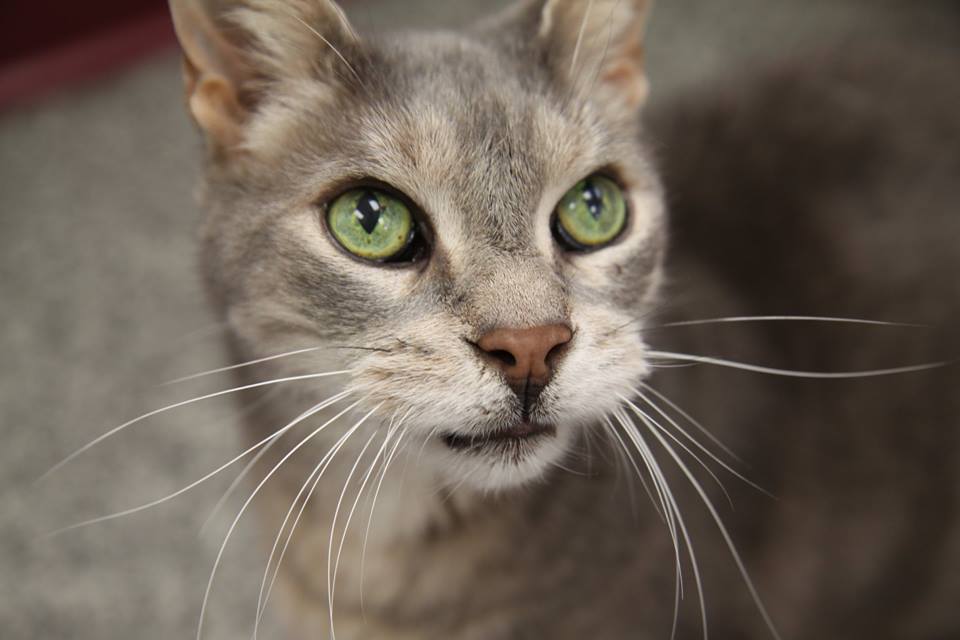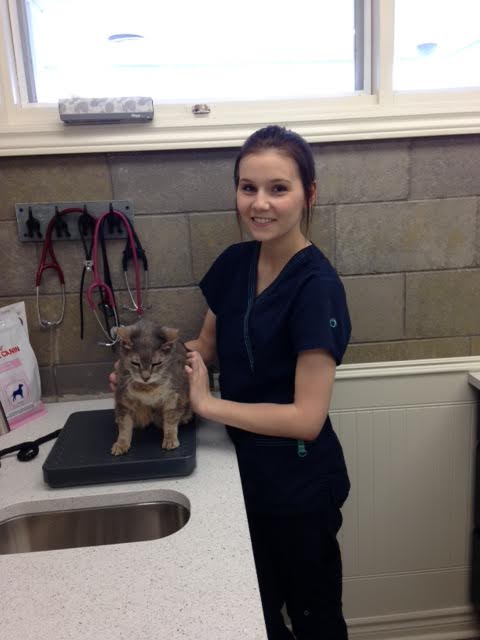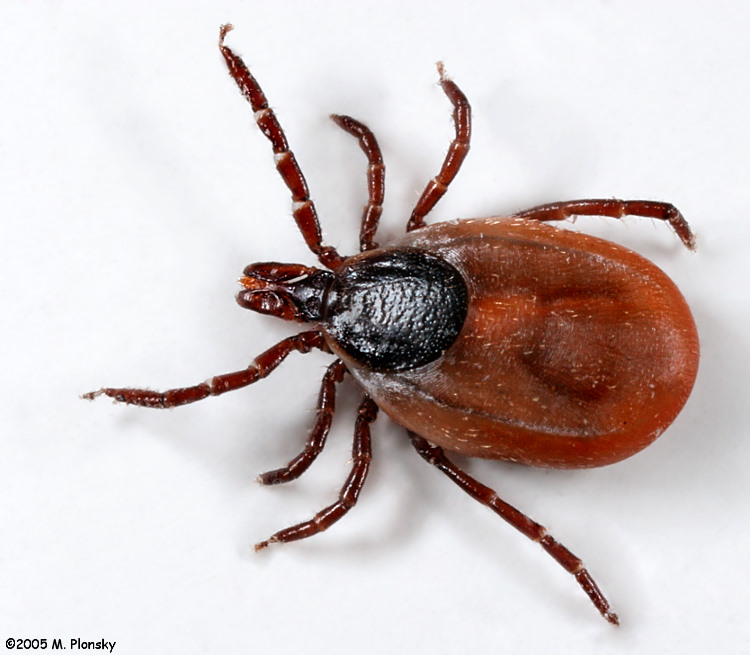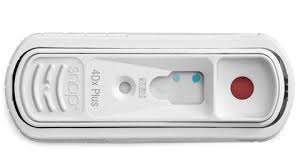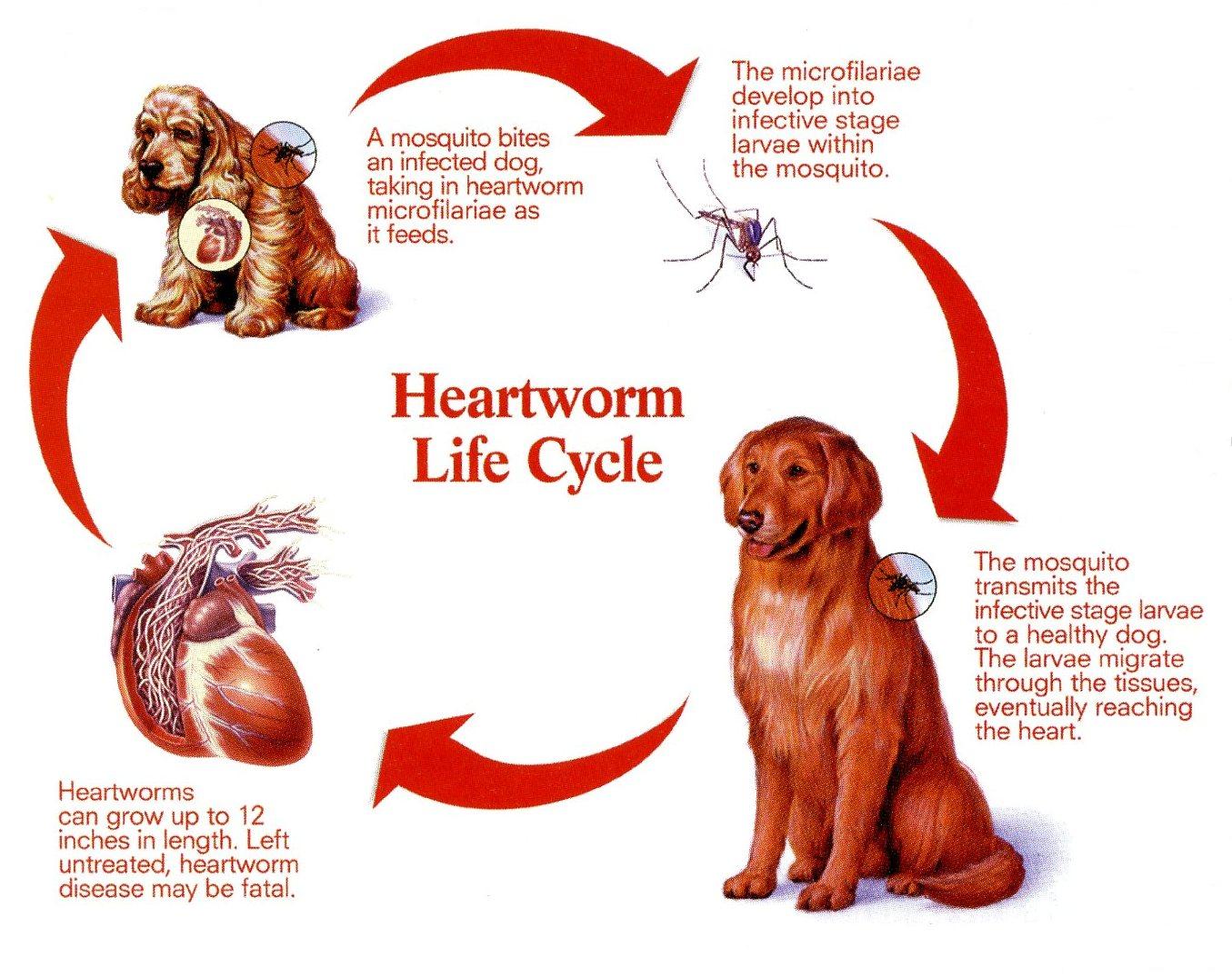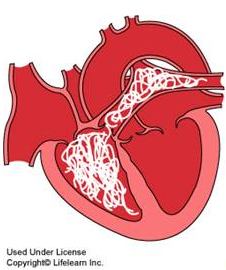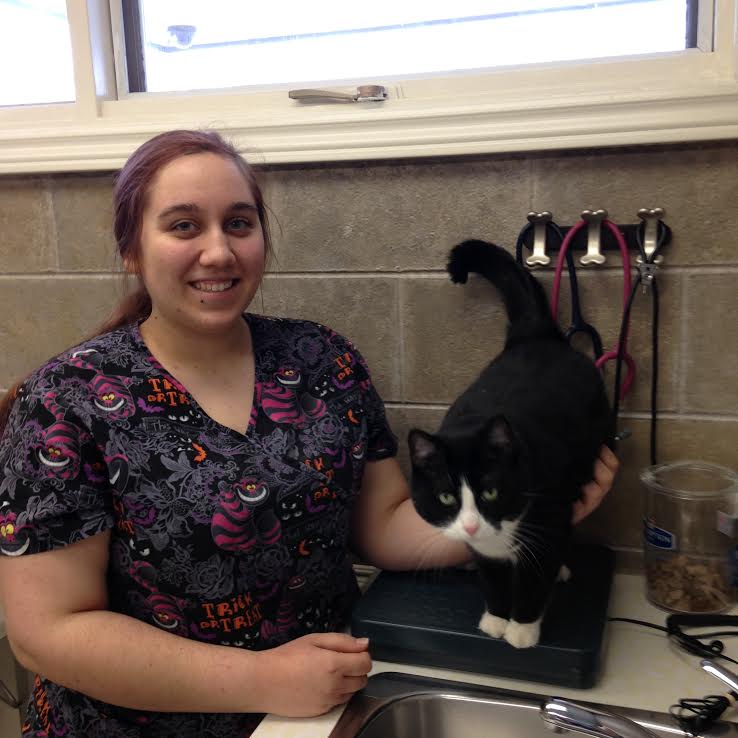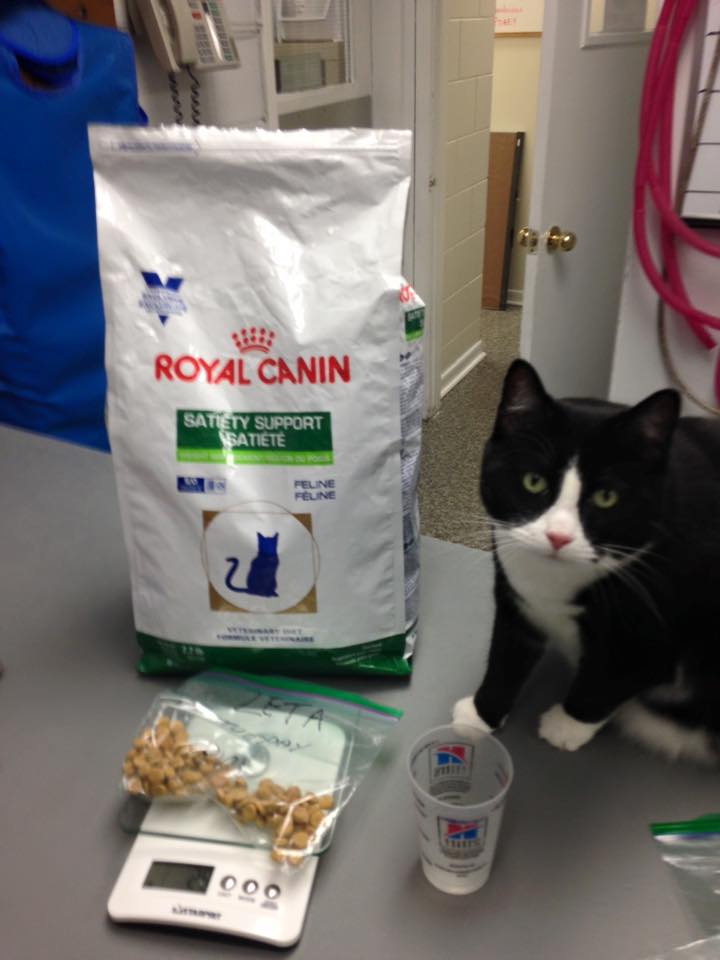Easter Lilies are beautiful and they’re always a sure sign of springtime and, of course, Easter. Nothing is a pretty as a dining room table or kitchen counter decorated for Easter with a lily as a centre piece. Pretty, and deadly to your cat.
There are benign and dangerous lilies out there, and it’s important to know the difference. Benign lilies include the Peace, Peruvian, and Calla lilies; these contain insoluble oxalate crystals that cause minor signs such as tissue irritation to the mouth, tongue, pharynx, and esophagus. Clinical signs of drooling, pawing at the mouth, foaming, and vomiting may be transiently seen.
The more dangerous, potentially fatal lilies are true lilies of the Lilium or Hemerocallis species. Examples of some of these dangerous lilies include the tiger, day, Asiatic hybrid, Easter, Japanese Show, rubrum, stargazer, red, Western, and wood lilies – all of which are highly toxic to cats! Even small ingestions (such as 2-3 petals or leaves) – even the pollen or water from the vase – can result in severe, acute kidney failure.
Other types of dangerous lilies include lily of the valley. This type does not cause kidney failure, but can cause life-threatening heart arrhythmias and death when ingested by dogs or cats.
If your cat is seen consuming any part of a lily, bring your cat (and the plant) immediately to a veterinarian for medical care. The sooner you bring in your cat, the better and more efficiently the lily poisoning can be treated. Decontamination (like inducing vomiting and giving binders like activated charcoal) are imperative in the early toxic stage, while aggressive intravenous fluid therapy, kidney function monitoring tests, and supportive care can greatly improve the prognosis. Do not wait to see if your cat gets sick-he undoubtedly will and waiting greatly reduces his chance of survival.
The Easter Lily is not toxic to dogs, or most other species. As gorgeous as they are, it’s probably best not to bring Easter Lilies into your home if you have a cat.

Poisonous to: Cats
Scientific name: Lilium longiflorum
Alternate names: Lilies, Easter lily, tiger lily, rubrum lily, red lily, wood lily, Western lily, stargazer lily, daylily, Japanese show lily, Asiatic lily, Asiatic hydrid lily, peace lily, calla lily, lily of the valley, Lilium longiflorum, Lilium tigrinum, Lilium speciosum, Lilium auratum, Lilium lancifolimu, Lilium umbellantum, Hemerocallis
Level of toxicity: Generally moderate to severe
Common signs to watch for:
- Inappetance
- Lethargy
- Hiding
- Vomiting
- Diarrhea
- Halitosis
- Dehydration
- Inappropriate urination or thirst
- Seizures
- Death
There are benign and dangerous lilies out there, and it’s important to know the difference. Benign lilies include the Peace, Peruvian, and Calla lilies; these contain insoluble oxalate crystals that cause minor signs such as tissue irritation to the mouth, tongue, pharynx, and esophagus. Clinical signs of drooling, pawing at the mouth, foaming, and vomiting may be transiently seen.
The more dangerous, potentially fatal lilies are true lilies of the Lilium or Hemerocallis species. Examples of some of these dangerous lilies include the tiger, day, Asiatic hybrid, Easter, Japanese Show, rubrum, stargazer, red, Western, and wood lilies – all of which are highly toxic to cats! Even small ingestions (such as 2-3 petals or leaves) – even the pollen or water from the vase – can result in severe, acute kidney failure.
Other types of dangerous lilies include lily of the valley. This type does not cause kidney failure, but can cause life-threatening heart arrhythmias and death when ingested by dogs or cats.
If your cat is seen consuming any part of a lily, bring your cat (and the plant) immediately to a veterinarian for medical care. The sooner you bring in your cat, the better and more efficiently the lily poisoning can be treated. Decontamination (like inducing vomiting and giving binders like activated charcoal) are imperative in the early toxic stage, while aggressive intravenous fluid therapy, kidney function monitoring tests, and supportive care can greatly improve the prognosis. Intravenous fluids must be started within an 18 hour window for the best outcome.
The Easter Lily is not toxic to dogs, or most other species. As gorgeous as they are, it’s probably best not to bring Easter Lilies into your home if you have a cat.
